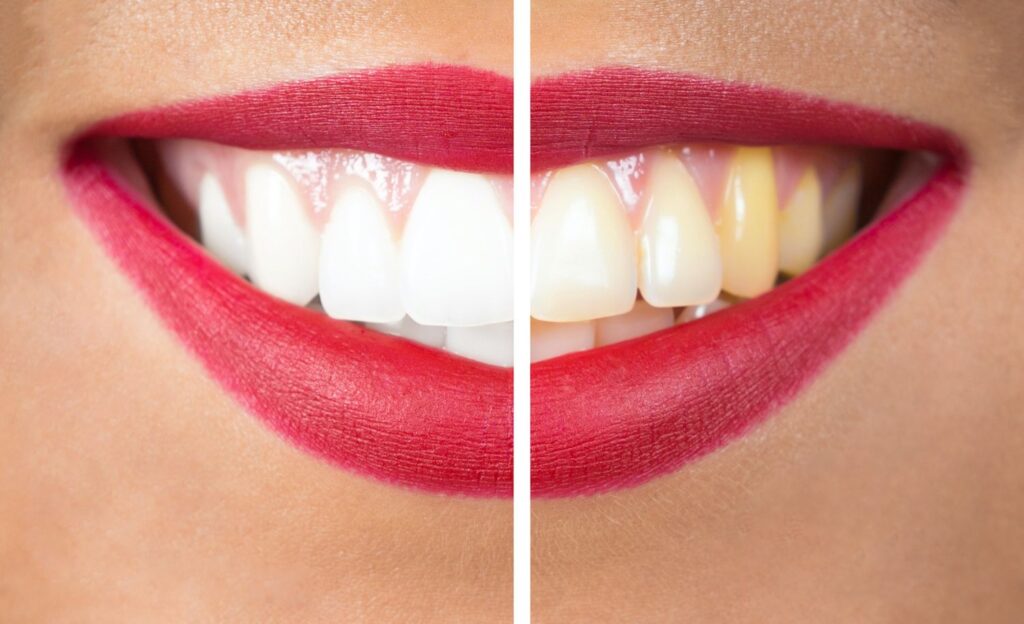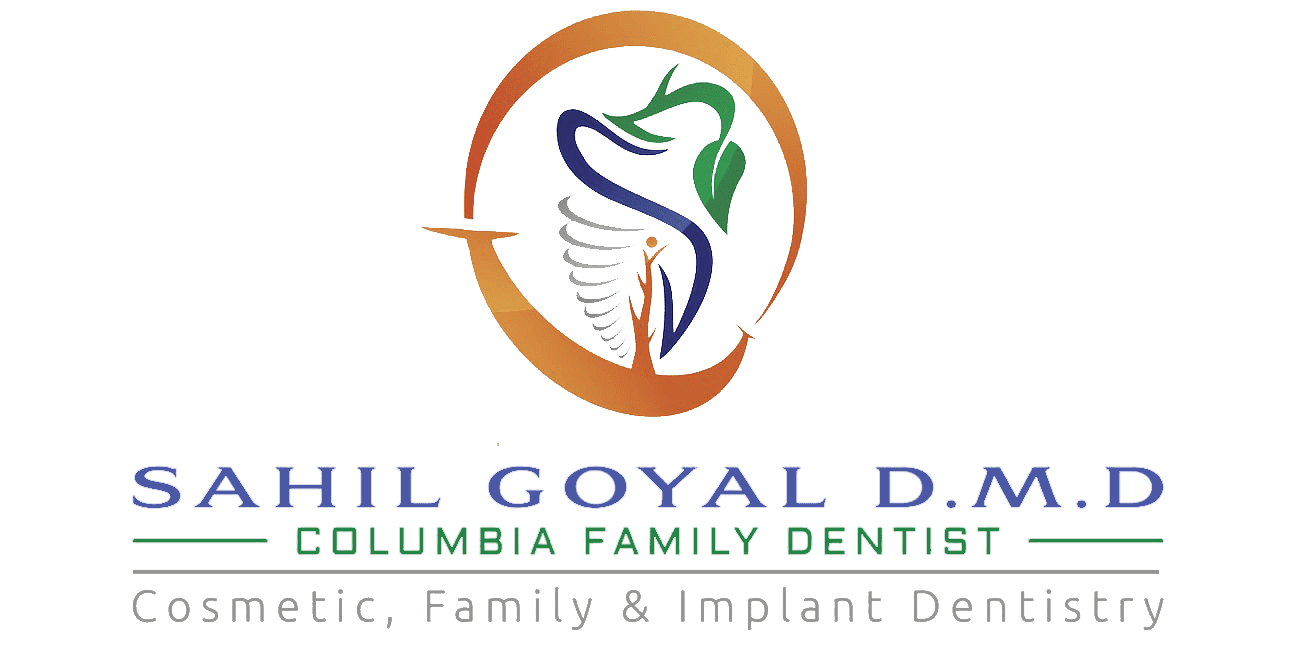Have you noticed dark stains or yellowing in your teeth? If you form discoloration in your smile, you might suffer a blow to your self-esteem and want to hide your teeth.
Your dentist can help you renew your confidence with professional teeth whitening solutions. They can offer a variety of smile enhancement treatments depending on your unique needs that will give you a brighter tooth color.
However, you can also make efforts to preserve your naturally beautiful tooth color. And you can better do this when you understand the different causes of tooth stains. Read on to discover three of the most common reasons you might develop dental discoloration.

Consuming Staining Agents
One of the primary ways that you might form stains on your smile is by consuming substances that contain staining agents. Dark-colored foods and beverages, like coffee, red wine, and tea, get their color from naturally occurring substances called tannins. As you consume them, tannins will transfer to your teeth and absorb into the enamel.
This leaves you with dark stains on the surface of your teeth that your toothbrush cannot reach to scrub away. Your dentist can use bleaching materials with professional teeth whitening treatment to lift these stains and make your smile brighter again.
But you should pay attention to your smile to ensure that your diet does not impact your tooth color. Diluting coffee with milk or sipping it through a straw can lower the risk of staining your teeth. But it does not eliminate the likelihood entirely, so you may want to limit these items from your diet.
Other substances, like tobacco products, also feature staining agents that can give you dental discoloration. Steer clear of these items in order to preserve your smile.
Untreated Dental Concerns
Certain dental problems may lead to stains forming on your smile. For instance, a cavity, an early form of tooth decay, can present with brown or white spots on the teeth where bacteria erode the tooth enamel. The issue will not go away on its own.
A dentist can treat cavities and give you a dental filling to restore the health and aesthetics of the tooth. But sometimes, discoloration can remain even after a dentist treats the underlying dental concern. Discuss smile enhancement options with your dentist so that you can restore the appearance of your smile as well as your oral health.
Other Underlying Patient Factors
Your teeth may begin to turn yellow, dark, or dull in color due to reasons beyond your immediate control. Side effects of some medications, for example, may make stains form on the surface of the teeth.
Aging may also result in dental discoloration because your enamel grows thinner as you grow older. Consult with your dentist to find preventative oral health care that can preserve the look and feel of your smile for as long as possible. Routine teeth cleanings and oral exams can help you keep your smile looking its best.
